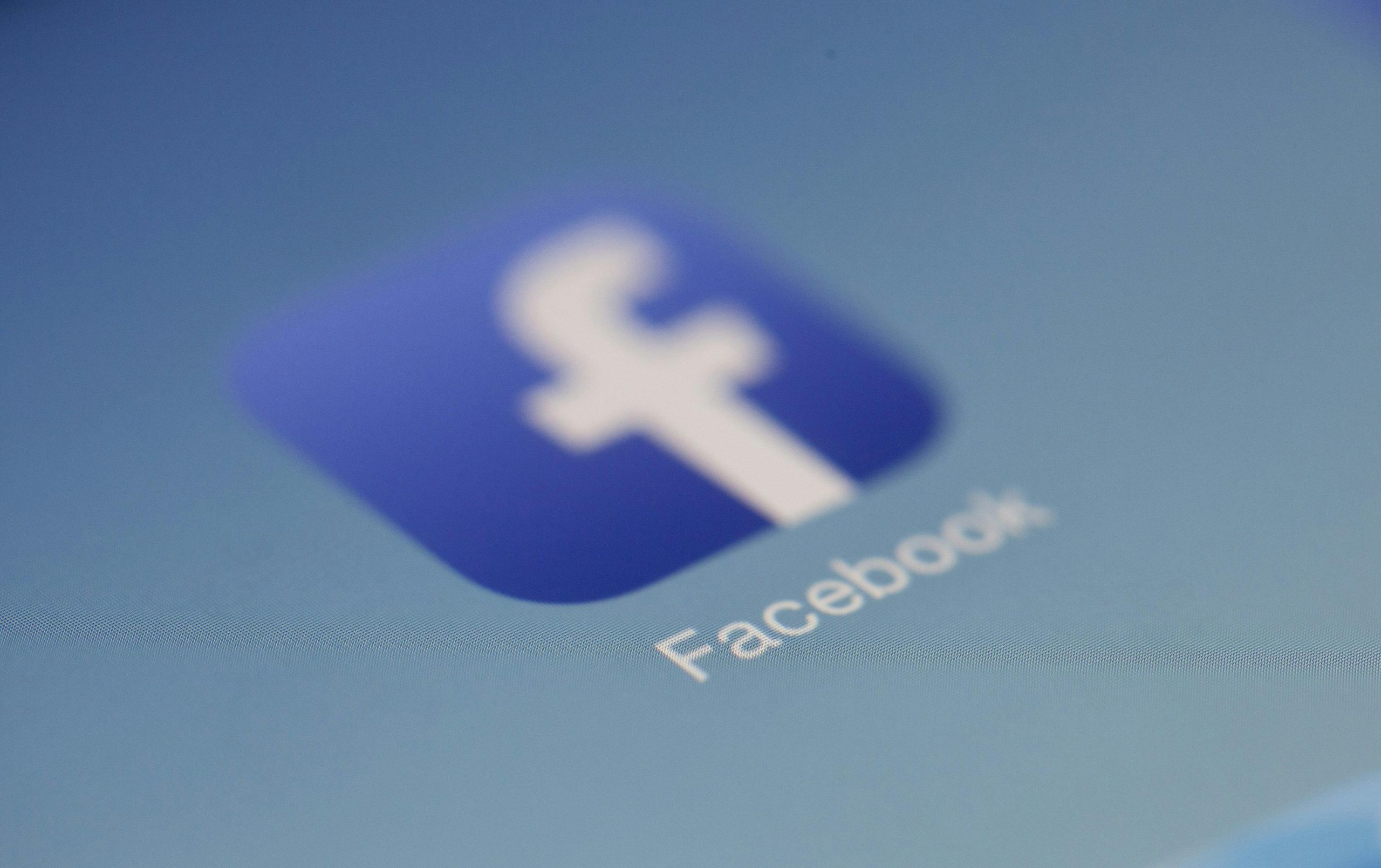When a product launch is met with widespread complaints or a brand name becomes toxic, companies often turn to rebranding as a way to salvage their investment. This strategy involves changing the name, packaging, or marketing to create distance from a negative reputation. While some rebrands are purely cosmetic, others happen after a company makes substantive changes to a product in response to customer feedback. Here are seven real-world examples of products and brands that underwent a rebranding after facing significant public complaints.

1. Meta (Formerly Facebook)
In late 2021, Facebook rebranded its parent company to Meta. The change came after a year of intense public scrutiny and complaints regarding the company’s handling of misinformation, its impact on mental health, and damaging whistleblower testimonies. Critics widely viewed the rebrand as an attempt to divert public attention away from the ongoing scandals associated with the Facebook social media platform and toward the company’s future focus on the metaverse.
2. Aunt Jemima (Now Pearl Milling Company)
After decades of complaints that the Aunt Jemima brand name and logo were rooted in a racist stereotype, Quaker Oats announced in 2020 that it would retire the brand. In 2021, the product was officially rebranded as Pearl Milling Company, a name that pays homage to the original mill that produced the self-rising pancake mix in the 19th century. The change was a direct response to years of public pressure and a renewed focus on racial justice.
3. Washington Redskins (Now Washington Commanders)
The name of the Washington NFL team was the subject of complaints for decades, with many Native American groups and activists arguing that the term “Redskins” was a racial slur. After years of resisting pressure, the team finally dropped the name in 2020. Following a temporary period as the “Washington Football Team,” the franchise officially rebranded as the “Washington Commanders” in 2022, a direct result of sustained public and corporate sponsor complaints.
4. Uncle Ben’s Rice (Now Ben’s Original)
Similar to Aunt Jemima, the Uncle Ben’s brand faced public criticism for perpetuating racial stereotypes. The image of a Black man as the face of the brand was seen as problematic and outdated. In response to the global conversation about racial equity, Mars, the parent company, announced it was “evolving” the brand. In 2021, the product was relaunched as Ben’s Original, with the old imagery completely removed from the packaging.
5. WW (Formerly Weight Watchers)

In a major strategic shift, Weight Watchers rebranded as “WW” in 2018 with the new tagline, “Wellness that Works.” The change came after years of the company’s core “diet” message falling out of favor with a public that was increasingly embracing body positivity and a more holistic approach to health. The rebrand was a direct attempt to move away from the negative connotations of “dieting.” It also repositions the company as a broader “wellness” brand.
6. ValuJet (Later AirTran)
After the tragic crash of ValuJet Flight 592 in the Florida Everglades in 1996, the airline’s name became synonymous with safety problems and lax oversight. The public’s trust in the brand was completely shattered. To survive, the low-cost carrier acquired a smaller airline, AirTran. It chose to adopt the AirTran name for the entire merged company. This rebranding was a necessary step to escape the cloud of complaints and safety concerns that had destroyed the ValuJet name.
7. Philip Morris (Now Altria Group)
In the early 2000s, the tobacco giant Philip Morris faced overwhelming public condemnation. It also had massive lawsuits for its role in the smoking epidemic. The company’s name had become toxic. To improve its corporate image and distance itself from the negative associations of the tobacco business, the parent company rebranded as Altria Group in 2003. The Philip Morris name was retained only for the subsidiary tobacco company. This allows the parent corporation to present a more diversified and less controversial public face.
The Power of a Name
Rebranding is a powerful tool that companies use to respond to public pressure and escape a history of complaints. Whether driven by social justice concerns, safety failures, or a shift in cultural values, these examples show that a brand’s name is not permanent. When the court of public opinion turns against a brand, a new name is often the only way forward.
What do you think is the most successful or unsuccessful rebranding of all time? Do you think changing a name is enough to fix a brand’s reputation? Let us know!
Read More
6 Retail Brands That Keep Rebranding to Escape Bad Reviews
7 Trending Flavors That Are Just Weird Rebrands of Ketchup
The post 7 Products and Brands That Were Rebranded After Complaints appeared first on Grocery Coupon Guide.







